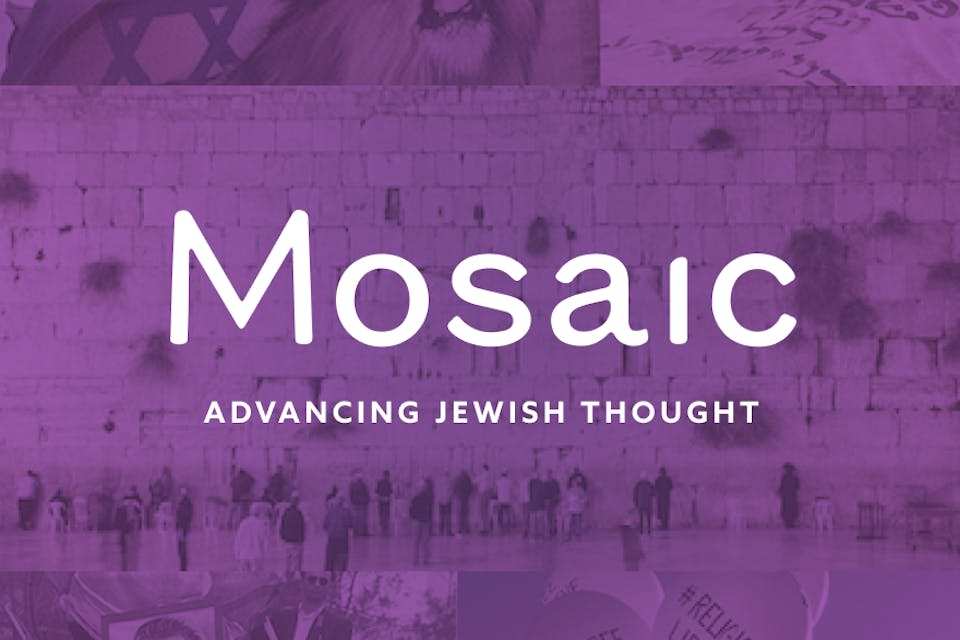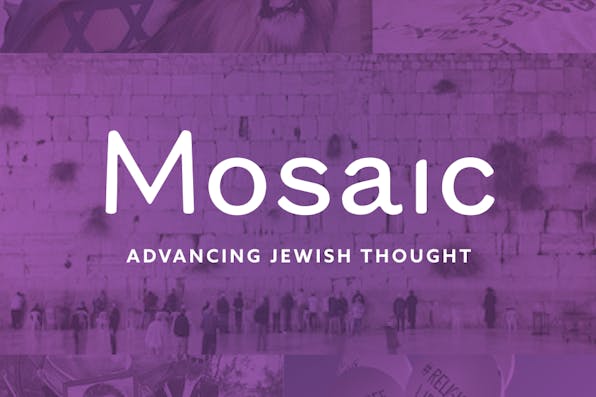
June 5, 2013
What Does the God of Israel Demand?
Leon Kass endeavors to make the Decalogue both sensible and livable; on its own terms, it is stark and demanding in the highest degree.
Leon Kass’s concern in “The Ten Commandments” is to conduct a philosophical inquiry both into Scripture, with particular emphasis on the Ten Commandments as its paradigmatic core, and into Scripture’s fundamental values, in the conviction that its teachings are crucial for our civilization. It is thus necessary that he engage, as he does, both circles of inquiry: the spirit of wisdom in the sources and the political theology at play.
His project is crucial. There is no question that this text is dead-center, as it has been for ages, in the constitution of Israel as a covenant people; and there is no question that it is formative for all of the historical heirs of Israel, including Judaism, Christianity, and Western civilization overall. To attack or defend the Decalogue is thus tantamount to attacking or defending our historical culture. Simply recall the note, found in the diaries of the Nazi foreign minister Joachim von Rippentrop, citing Hitler’s comment that the Ten Commandments are the enemy of civilization and must be eradicated. Remember, too, Thomas Mann’s countervailing defense of the Decalogue in his novella Das Gesetz (“The Tables of the Law”), written in 1944 and produced in 500 copies. The two contrasting documents ring in our ears. Even more deafening is a shocking text I read in 1990 that promulgated “ten commandments” justifying Hutu acts of genocide in Rwanda.
And so we must take the Decalogue as a formative document of all that we cherish. This makes its interpretation crucial. Attending to Kass’s formulations, I hope to be an honest respondent even as I push back on several points.
Responses to June ’s Essay

June 2013
What Does the God of Israel Demand?

June 2013
The Decalogue and Liberal Democracy
By Peter Berkowitz
June 2013
Pride, Lust, Technology—and the Hebrew Bible

June 2013
Love, Particular and Universal

June 2013
The Decalogue and the Identity of God

June 2013
Why Two Covenants?

June 2013
The People Saw the Thunder

June 2013
A Reply to My Respondents, and My Friends
By Leon R. Kass